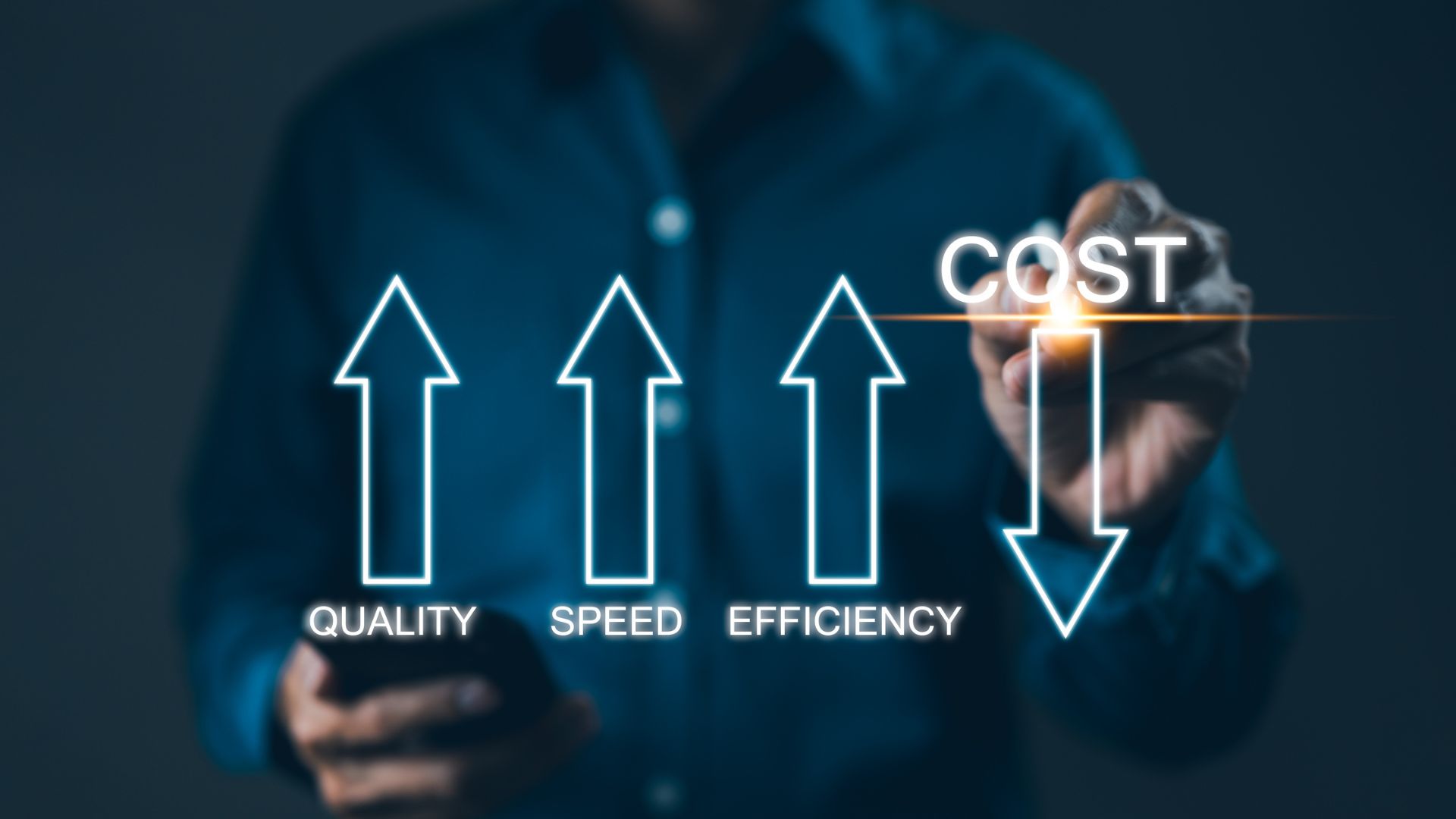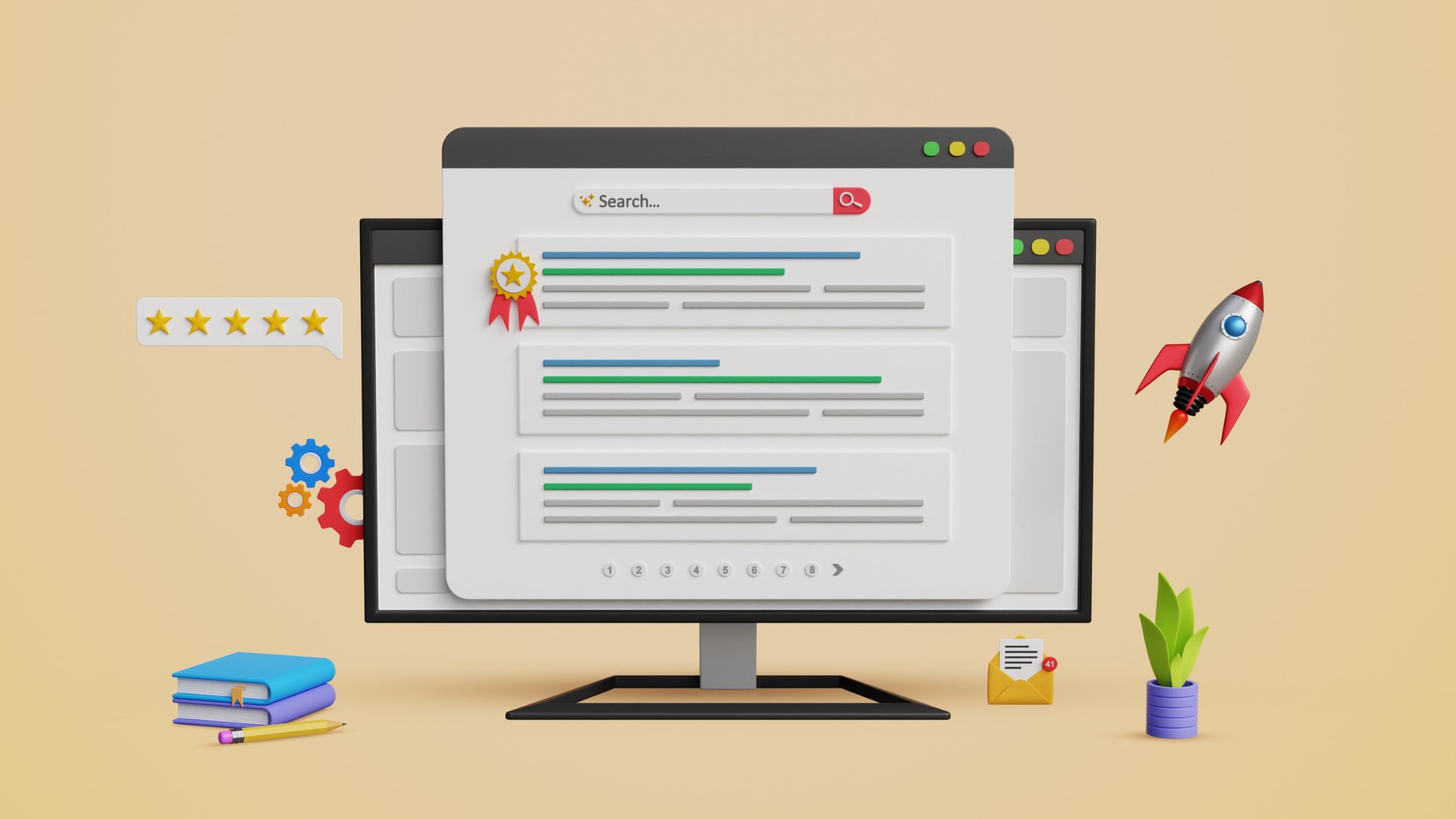As an HR professional or employer in the F&B and hospitality sectors, engaged employees are crucial for success. These industries face unique challenges, from demanding schedules to high-pressure environments.
The employee experience and effective communication strategies like regular surveys to measure job satisfaction, company newsletters and memos, and real-time feedback mechanisms can boost employee satisfaction, enhance retention, and create a positive workplace culture. Highly engaged employees that are successful in their roles deliver exceptional service and customer satisfaction. Prioritising the onboarding and development of new hires helps cultivate a motivated and engaged workforce.
Let's dive in—and remember, when you need to expand your workforce, FastJobs is here to help you find the right talent, fast.
Working in the hospitality and F&B sectors presents distinct challenges. You'll often encounter labour shortages and high turnover rates, which can lead to increased training costs and potential declines in service quality. This instability can create a stressful work environment, requiring you to adapt quickly and often take on additional responsibilities. An effective employee engagement action plan focused on building company culture, promoting employee well-being, aligning expectations, and addressing dissatisfied employees can help mitigate these challenges and boost retention.
Fluctuating customer demand is another significant challenge you'll face. Busy seasons followed by lean periods make it difficult to maintain consistent staffing and schedules, potentially impacting your work-life balance and financial stability.
Additionally, you'll need to keep pace with rapidly changing consumer preferences, particularly the growing demand for healthier and more sustainable options. This requires continuous learning and adaptation to new menu items and preparation techniques.
The rise of technology, such as food delivery apps and online ordering systems, has also transformed the industry. You'll need to adapt to these new technologies quickly, balancing efficiency with maintaining high-quality, personalised service.
Lastly, compliance with complex regulations, from health and safety to data privacy, adds administrative burdens to your daily tasks. Staying informed and adhering to these regulations is crucial for both your and your customers' safety.
Establishing effective communication channels between managers and employees is crucial. Regular team meetings, employee engagement initiatives and satisfaction surveys can help understand staff needs, recognise their efforts and keep employees engaged. Implement an open-door policy to encourage dialogue and foster trust. Consider using technology for real-time interaction and feedback, ensuring all voices are heard and engaged employees stay motivated.
Flexible scheduling allows employees more control over their work hours and shifts, reducing stress and improving work-life balance. This approach can be particularly beneficial in the F&B and hospitality sectors, where irregular hours are common. Consider implementing split shifts or allowing staff to swap shifts when needed.
Provide comprehensive training and development opportunities to help employees achieve success, grow their skills, and stay motivated. Motivated employees are more productive and drive better business results. Offer a mix of on-the-job training, workshops, and online courses to cater to different learning styles and benefit all staff. Recognize employees' efforts and link training to career growth to boost employee motivation.
Collecting and utilising customer feedback is crucial for enhancing your F&B or hospitality business. Define clear goals for gathering feedback, such as measuring satisfaction or identifying areas for improvement. Choose feedback channels that are convenient for your customers, including comment cards, online reviews, or in-person interactions.
Analyse feedback regularly to identify patterns and trends. Involve your staff in finding solutions and implementing changes based on customer input. Employee engagement initiatives, effective company communications, and efforts to reduce employee turnover can help ensure staff are able to implement changes that improve the customer experience. Follow up with customers to thank them for their feedback, demonstrating that their opinions are valued.
To effectively analyse customer feedback:
When implementing changes, create a clear plan with timelines and resources. Involve relevant staff members and communicate changes to customers, showcasing your responsiveness. Continuously monitor the effects and gather ongoing feedback for further improvements.
Remember, timing is crucial when collecting guest feedback. Aim to ask guests when they are likely to be relaxed and in a good mood. Keep the process quick and easy, with a balance of closed-ended and open-ended questions for rich insights.
By implementing these strategies, you can foster a culture of continuous improvement, ultimately enhancing customer satisfaction and driving business growth.
Implementing flexible scheduling and shift swapping can give employees more control over their work hours, helping them better accommodate personal obligations. Encourage staff to utilise their vacation time and personal days to promote rest and rejuvenation. Establish clear boundaries for off-duty communication to prevent work from encroaching on personal time.
Consider offering part-time options or compressed work weeks where feasible to support a healthier work-life balance.
Provide comprehensive training and development opportunities to enhance employee skills, knowledge, career prospects, success and employee success. This can include job-specific training, customer service workshops, and leadership development programmes. By investing in your staff's growth, you demonstrate a commitment to their long-term success, employee success and increase employee engagement within the company, resulting in engaged employees.
Establish transparent communication channels to encourage employee feedback and involvement. Conduct regular satisfaction surveys and team meetings to stay informed about staff concerns and ideas. Consider implementing open-book management by sharing the company's financials with employees, which can foster a sense of ownership, dedication and motivated employees. Aligning intrinsic rewards like meaningful work, autonomy and belonging with company values can further increase employee motivation and satisfaction.
Implement incentive-based recognition programmes that motivate employees with valuable rewards, such as monetary bonuses, time off, or travel opportunities. Incorporate recognition into daily routines, such as providing private and public feedback and social media shoutouts, to make staff appreciation a regular occurrence. Connect hotel achievements to staff efforts to reinforce the value of their contributions.
Boosting employee satisfaction in the F&B and hospitality sectors requires a multifaceted approach. By addressing unique challenges, implementing targeted strategies, and fostering a culture of continuous improvement, HR professionals can create a more positive work environment. Remember, satisfied employees are the backbone of exceptional customer service and employee success. Invest in your team's well-being, and you'll see returns in productivity, retention, and overall business success.
Ready to find the right talent to build your satisfied workforce? Post your job openings on FastJobs today and connect with motivated candidates who are eager to contribute to your team's success.

In Singapore’s job market, portals offer fast access while agencies provide tailored matchmaking.
Read more
FastGig helps solve manpower shortages by offering flexible gig work for businesses and individuals in SG.
Read more
Hiring faster starts here—Job Bump boosts your listing by 30%+ without needing a repost.
Read more